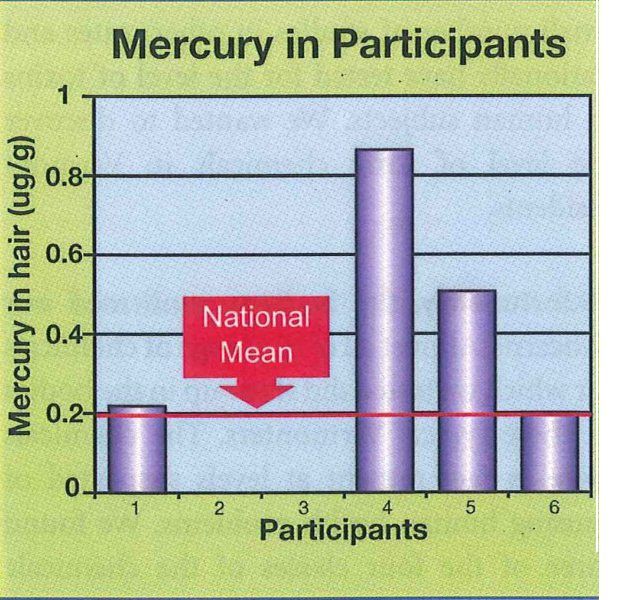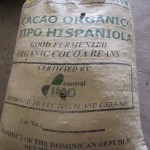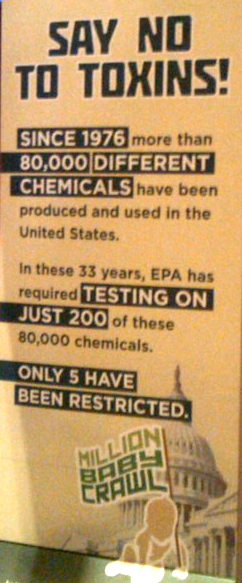 What do the stores H&M, Coldwater Creek, and Saks Fifth Avenue have in common? They have all agreed to a new set of industry-wide standards that will end the sale of lead-filled purses and other fashion accessories. This is GREAT NEWS, people! Not only is it a strong statement for retailers to take action and recognize that these chemicals are dangerous, but it’s also a relief knowing that I don’t have to research which bags are safe and which aren't. Wahoo!
What do the stores H&M, Coldwater Creek, and Saks Fifth Avenue have in common? They have all agreed to a new set of industry-wide standards that will end the sale of lead-filled purses and other fashion accessories. This is GREAT NEWS, people! Not only is it a strong statement for retailers to take action and recognize that these chemicals are dangerous, but it’s also a relief knowing that I don’t have to research which bags are safe and which aren't. Wahoo!
The Center for Environmental Health (CEH) recently made the announcement about agreement with more than 40 major retailers and vendors, including Macy’s, Sears/Kmart, Target, Kohl’s, JC Penney, Guess, Victoria’s Secret, Saks and others, about handbags, purses, wallets and other accessories sold in stores nationwide. The agreement follows CEH findings released last year that hundreds of purses and other accessories contain high levels of lead that can pose a health threat, especially to pregnant women and women of child-bearing age.
Lead is a highly toxic metal and there is no known safe level of lead in the human body. Low levels of lead can increase blood pressure, decrease brain function, decrease kidney function, and increase a women’s risk of miscarriage. Higher amounts of lead exposure can damage the nervous system, kidneys, and other major organs.
The CEH discovered three items at Wal-Mart with very high levels of lead, one of which included a Miley Cyrus-brand wallet with 30 times more lead than the limit other companies have agreed to. Check out the full list of stores participating in the purse promise (well, that’s what I like to call it anyway) here. The CEH also provides these helpful tips to avoid lead in handbags and wallets:
• If you’re purchasing a wallet or handbag, buy one that is made of natural materials rather than faux leather;
• If you already own a faux leather handbag, don't let your children play with it. Also, wash your hands after touching it;
• Ask your favorite accessory store to carry lead-free products.
Happy shopping!



 Dr. Gibson’s testimony really dove into the science and health implications of BPA. Here’s an excerpt of her testimony:
Dr. Gibson’s testimony really dove into the science and health implications of BPA. Here’s an excerpt of her testimony: The
The 

 A study by the Environmental Working Group revealed
A study by the Environmental Working Group revealed 

 In 2008, Maine’s Governor John Baldacci signed into law an
In 2008, Maine’s Governor John Baldacci signed into law an